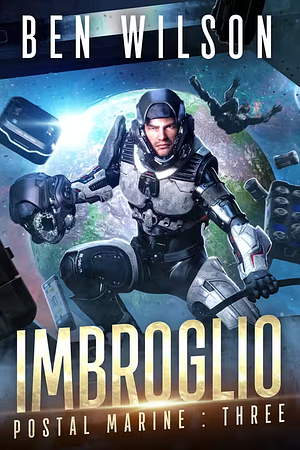When "Science Only" Becomes Religion
As a science fiction writer, I spend a lot of time thinking about different ways reality could work. So when I recently suggested that "God embraces skepticism and critical thinking because he knows the evidence points to him," I wasn't surprised to get pushback.
Someone responded: "I disagree. All the evidences point toward scientific conclusions not religious ones."
I know this might be unexpected coming from someone who writes about alien worlds and future tech, but this got me thinking about an interesting contradiction in that response.
Religion is a worldview that makes ultimate claims about reality, meaning, and how we should live—whether that involves God, gods, or explicitly rejects them. When someone asserts that "all evidence points only to scientific conclusions," they're making an ultimate claim about the nature of reality. There's an interesting irony here—this response might be more religious than it appears.
I could be wrong about this, but true skepticism follows evidence wherever it leads, even toward God—who the Bible says expects to be found through honest inquiry. If you've already decided that's impossible, you might not be thinking as critically as you think.
The Bible actually encourages testing everything against Scripture, reason and evidence. "Test everything; hold fast what is good" (1 Thessalonians 5:21). "Test the spirits to see whether they are from God" (1 John 4:1). The Bereans were praised for fact-checking Paul's teachings against Scripture (Acts 17:11).
This is just one way to look at it, but there seems to be a crucial difference between approaches. Biblical skepticism invites the hardest possible scrutiny, confident truth will emerge. Secular skepticism rules out entire categories of explanation before looking. Which approach is actually more...



